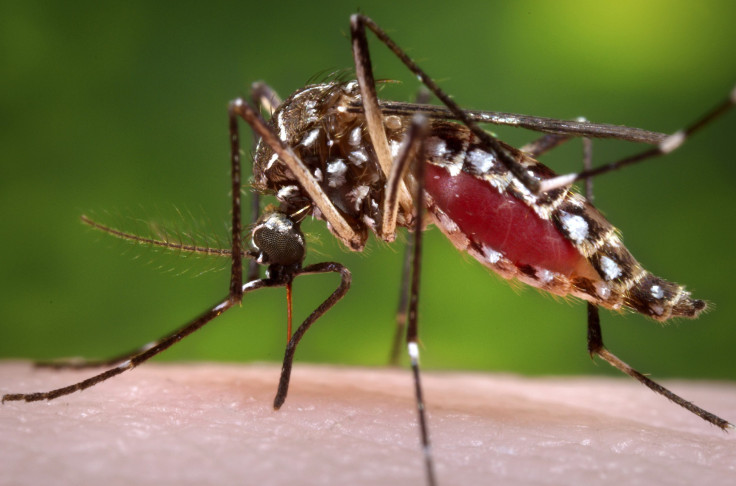What Is The Zika Virus? Brazil Advises Against Pregnancy Because Of Illness With Symptoms Similar To The Common Cold

A disease sweeping through parts of Brazil has led health officials in the South American country to give out some cautious advice recently. Don’t get pregnant, they say, because a mosquito-borne virus could severely damage your child.
The so-called Zika virus has been found mostly in the northeast of Brazil and can have severe effects on the brain development of babies. A surge in newborn microcephaly, which is a neurological disorder that may result in incomplete brain development, has been linked to Zika. Health officials are telling Brazilians that, if they can, it’s best to put off pregnancy plans for the moment to avoid the risks posed by the outbreak.
The number of cases has exploded in the last year. In 2015, there have been 2,400 suspected cases of microcephaly reported across 20 of the country’s 27 states. There were just 147 cases in 2014, and doctors are currently investigating as many as 29 infant deaths that could be associated with the Zika virus.
“These are newborns who will require special attention their entire lives. It's an emotional stress that just can't be imagined,” Angela Rocha, the pediatric infectologist at Oswaldo Cruz Hospital in Brazil, told CNN. “Here in Pernambuco, we're talking about a generation of babies that's going to be affected.”
#PublicHealth: Information for #travellers to areas with local transmission of #Zika virus https://t.co/fDCTvAnGp6 pic.twitter.com/9wb4tuDVy9
— EU_Health (@EU_Health) December 23, 2015
Pernambuco is one of the hardest-hit states in the country and has reported 900 cases so far.
The link between the Zika virus and microcephaly was made last month after doctors found the virus in the blood of a baby born with the defect in northeast Brazil. The virus is carried by the same type of mosquito that carries many other well-known illnesses, including the dengue virus, according to the Daily Mail. Zika is best known as a mild version of dengue.
Outbreaks have occurred all across the globe, from Africa to Southeast Asia and the Pacific Islands. The virus isn’t native to the United States but has threatened the country during mosquito season in South America since travel between the two is so easy.
Only about one in five people infected with Zika become ill, and symptoms can include muscle pain, headaches, pain behind the eyes and vomiting, according to the Centers for Disease Control and Prevention. Often Zika results in rashes, fever, joint pain or red eyes. Symptoms generally last several days to a week. Illnesses requiring hospital stays are uncommon.
© Copyright IBTimes 2025. All rights reserved.






















